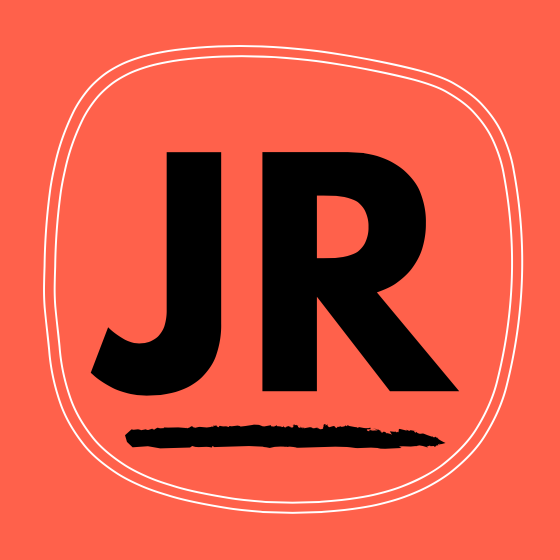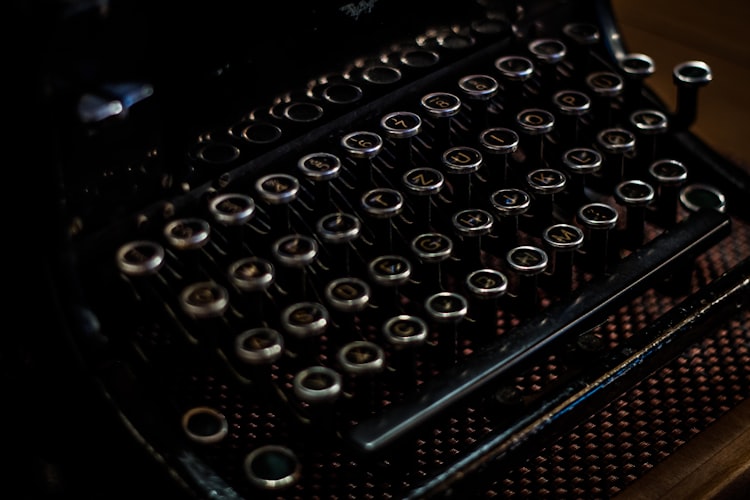How I Take Amazing Meeting Notes- Tips and Tricks

Taking excellent meeting notes is a crucial skill for professionals in any industry. Whether in a management role, a team member, or a freelancer, accurately capturing essential information and decisions made during a meeting can help you stay organized, informed, and productive.
My process for taking meeting notes is both fluid and restrictive. It's fluid in that I don't restrain myself to one way of taking notes or what I will note. It's restrictive because I prefer taking notes via Obsidian versus anyone else's tool.
No WORD or Google Doc for Me
I don't like taking notes in word processing apps like Google Docs or Microsoft WORD. They have too many rules. They are closed and restrictive. They feel held back by their need to duplicate using the physical materials they are designed to replace, like physical paper.
I once worked at a place where the process was to open a Google Doc, and everyone would add notes to the Google Doc simultaneously during a meeting. It felt chaotic and disjointed. I did not stay working at that particular establishment.
Obsidian Fanboy Letter
I use Obsidian because it's text-based. If I want to transition to another note-taking app, it should be easier for me to migrate. Obsidian has hundreds of plugins built by an active community. I have utilized the available plugins to work for me.
Preparation
Preparation is key. Before the meeting, make sure you have the right tools on hand. A tool could be a notebook, a laptop, or a tablet.
Choose a system or format that works for you and that you can easily read and reference. The system could be bullet points, headings, or a combination.
For me, I used headings and bullet points. My sentences often can be incomplete. The purpose is to take notes, not write an essay.
Focus
The act of note-taking helps me stay focused. I know some struggle to take notes and listen at the same time.
I honed my listening skills in college when I discovered that forcing myself to take notes like a stenographer helped me pay attention and better retain the lecture.
During the meeting, focus on the key points discussed and avoid getting bogged down by minor details. Pay attention to the speaker, and note any critical information or action items discussed.
Avoid getting bogged down by minor details and concentrate on the most critical information. Pay close attention to the speaker, and note any essential information or action items discussed. It's also a good idea to note the date and time of the meeting and the names of all attendees to help you keep track of deadlines and follow-up tasks.
Linking Your Notes to a Calendar
Before Obsidian, I would store all my meeting notes in a meeting subfolder for each project with which they were associated. Since Obsidian, I've abandoned that practice and focused more on the calendar date.
I read about Zettelkasten's note-taking method. Instead of having my notes in numerous subfolders for each project, I date them to the day they occurred.
My system allows me I better remember when a meeting occurred. Whenever I need to reference anything or refer back to a meeting note, I click on the date when I remember it happening. Nine times out of ten, I find it quicker this way than my original method.
Meeting Note Title
It's essential to title a meeting note with the meeting's subject, the date, and the time. And that's it. Anything else is just fluffed and unnecessary. In other words, record the date and time of the meeting and the attendees' names to help you keep track of deadlines and follow-up tasks.
Review your notes after the meeting to ensure they are complete and accurate. Add any missing information, and highlight or bold any crucial points. Reviewing your notes will help you identify areas to follow up on or clarify with the speaker.
Next Steps
Capture the next steps. Every productive meeting should conclude with the next steps. When running a meeting, I do my best to summarize every meeting's conclusion with the next steps. I asked everyone attending the meeting for acknowledgment and asked them if I had missed anything. And then, I end the meeting.
Taking outstanding meeting notes requires preparation, focus, clarity, timeliness, and review.
By mastering these skills, you can effectively capture critical information and decisions made during meetings, stay organized, and ensure that you and everyone else complete follow-up tasks on time.






Member discussion